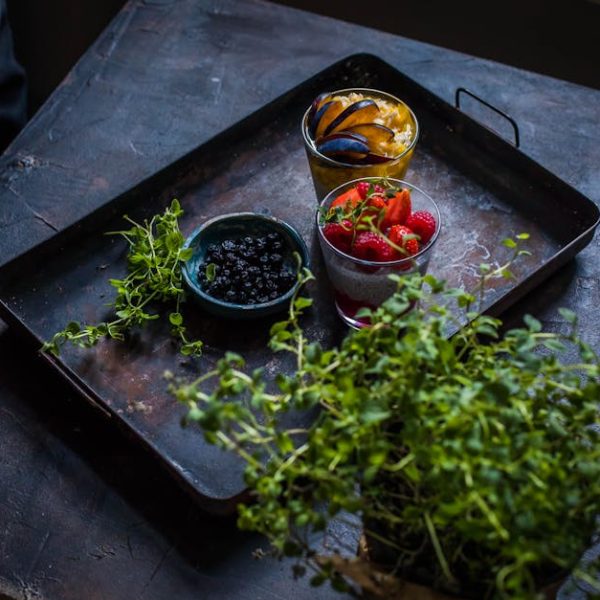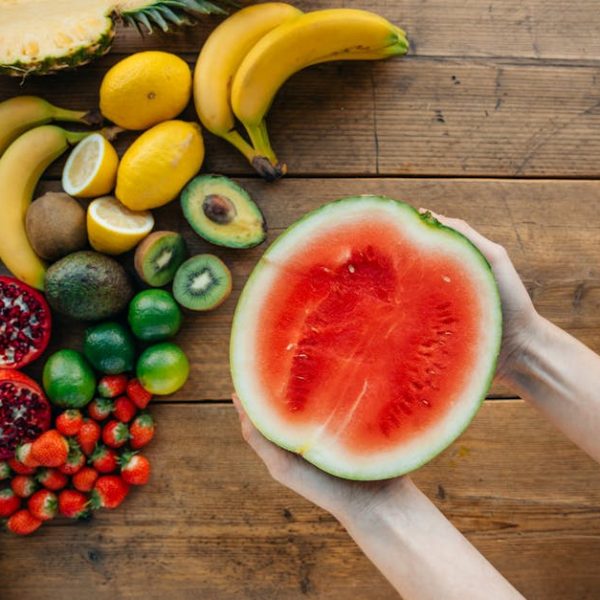Would you mistake a black raspberry for a blackberry? That’s an easy mistake to make, considering their similarities in size, color, and name. But hold a blackberry and a black raspberry side by side, and you’ll see some stark differences. Not only do the two fruits differ significantly in appearance and texture, but also in cultivation and harvesting process, nutritional value, taste, and usage in the culinary world. Let’s explore these differences in detail to appreciate how each stands unique.
Physical Appearance and Texture
Contrary to what their names suggest, black raspberries and blackberries are not identical. The most immediate difference is on the surface. Black raspberries sport a hollow center while blackberries are sturdier with a white core or ‘plug’ inside. Following their respective characteristics:
- Black raspberries often have a slightly smaller size and a uniform, dark-black, glossy color. Their distinctive hollow center becomes visible when you pick them off the vine.
- Blackberries, on the other hand, are larger, and their color ranges from deep purple-black to maroon. Unlike black raspberries, their core remains when plucked, giving them a more solid shape.
💡
Pro tip: Always look at the bottom of the fruit! The hollow center of a black raspberry and the solid core of a blackberry is a foolproof way to distinguish between the two.
Cultivation and Harvesting
Next is the farming aspect. Both these fruits have contrasting growing conditions and cultivating techniques:
| Black Raspberries | Blackberries |
|---|---|
| Prefer cooler climate conditions | Can tolerate a wider range of climates, hence more widespread |
| Need careful handling due to their delicate nature | More robust and resilient during handling and transportation |
When it comes to harvesting, one has to be careful with black raspberries as their hollow center makes them fragile and prone to crushing. Blackberries, with their solid core, are hardier, making them withstand handling better post-harvest.
Best Practice: Always pick black raspberries gently from the bottom and store them in a single layer to prevent crushing. Blackberries can tolerate being stacked but shouldn’t be stored in deep containers to avoid squishing the berries at the bottom.
With these essential differences recognized in terms of appearance and cultivation, let’s navigate to the nutritional landscape of these fruits. This helps one understand the health treasure each fruit impart along with their sweet-tart flavor profile.
Nutritional Value and Health Benefits
Despite their differences, both black raspberries and blackberries pack a nutritional punch. Here’s how they stack up:
Black raspberries are known for being exceptionally high in antioxidants named anthocyanins, which contribute to their dark color. They also contain:
- Vitamin C
- Folate
- Iron
- Potassium
- Dietary fiber
Blackberries are not far behind. They also provide a generous amount of vitamins (especially vitamin C and vitamin K), and minerals, including:
- Manganese
- Copper
- Potassium
- Dietary fiber
On the health front, these nutrients collectively contribute to boosting immunity, improving digestion, maintaining heart health, and potentially having anti-cancer properties. However, it’s crucial to remember that while these fruits are beneficial, they can’t replace a balanced, varied diet.
Pros and Cons
Both black raspberries and blackberries have immense health benefits. However, caution is necessary for individuals with specific health conditions:
- Black raspberries’ high levels of oxalates may not be suitable for people with kidney problems.
- Similarly, blackberries’ high vitamin K content can interfere with blood thinners.
Taste and Culinary Uses
While both fruits boast a sweet-tart flavor, there are specific nuances. Black raspberries tend to be sweeter, while blackberries have a slightly more tart edge.
In the kitchen, you’ll find both black raspberries and blackberries shining in various ways. Here are a few notable uses:
- Black raspberries: Jams, pies, wines, and ice creams
- Blackberries: Preserves, pies, cobblers, smoothies, and salad toppings
💡
Pro tip: To fully enjoy the taste of these fruits, remember not to wash them until just before use, and store them in the fridge for no longer than a couple of days.
Agricultural and Commercial Availability
There’s also much to discuss regarding the geographical availability and widespread cultivation of these berries:
Black raspberries are typically harder to grow and are more concentrated in cooler climates like the Pacific Northwest of the United States. As a result, they can be more challenging to find in grocery stores.
On the other hand, blackberries are grown globally and are more readily available.
Here is a comparison of availability:
| Black Raspberries | Blackberries |
|---|---|
| Less commonly cultivated and found mainly in farmer’s markets | Available widely in most supermarkets year-round |
Checklist when buying:
- Look for berries that are fully colored and plump.
- Avoid containers with juice stains, as this may indicate crushed or overripe fruit.
Wrapping up, both black raspberries and blackberries, despite their outward similarity, offer unique characteristics. Whether it’s their appearance, taste, cultivation, or nutritional content – there’s much that sets them apart. Happy foraging!
Key Takeaway:
- Black raspberries and blackberries have distinct physical characteristics: black raspberries have a slightly smaller size and a hollow center while blackberries are larger and have a solid core.
- In terms of cultivation, black raspberries prefer cooler climates and need careful handling due to their delicate nature. Blackberries are more robust and resilient, tolerating a wider range of climates.
- Both fruits are nutritionally valuable, with black raspberries being high in antioxidants and blackberries rich in vitamins and minerals.
- From a culinary perspective, black raspberries are often used in jams, pies, wines, and ice creams, while blackberries are popular in preserves, smoothies, and salads.
- Commercially, black raspberries are less commonly cultivated and mainly found in farmer’s markets. In contrast, blackberries are more widespread and readily available in supermarkets.
Recognizing their uniqueness in taste, nutrition, and cultivation can help you fully appreciate these fruits. Whether you’re planning your next berry-picking adventure or looking to try out new recipes, remember to enjoy the richness each fruit brings to the table.
FAQs
Q: Can I freely substitute black raspberries for blackberries in recipes?
A: While you can technically substitute one for the other due to their similar flavor profiles, keep in mind their unique taste nuances. Black raspberries have a slightly sweeter flavor compared to the more tart blackberries.
Q: Are there any allergies associated with black raspberries and blackberries?
A: While typically not common, allergic reactions to these fruits can occur. Symptoms may include itching, hives, or swelling. If you experience any discomfort after consuming these fruits, seek medical advice.
Q: How long can I store black raspberries and blackberries in my fridge?
A: Both fruits are highly perishable and should ideally be consumed within 1-2 days of purchase. Store them in their original packaging or a breathable container in your refrigerator.
Q: Are black raspberries and blackberries good for weight loss?
A: Both fruits are low in calories and high in fiber, making them a healthy choice for anyone trying to maintain or lose weight. However, they should be incorporated as part of a balanced diet.
Q: Can I grow black raspberries or blackberries in my backyard?
A: Yes, you can grow both fruits in your backyard. Remember, black raspberries prefer cooler climates and need careful handling, while blackberries are more resilient and can tolerate a wider range of climates.
Don’t forget to share this article with fellow berry enthusiasts and explore more posts on our website.






